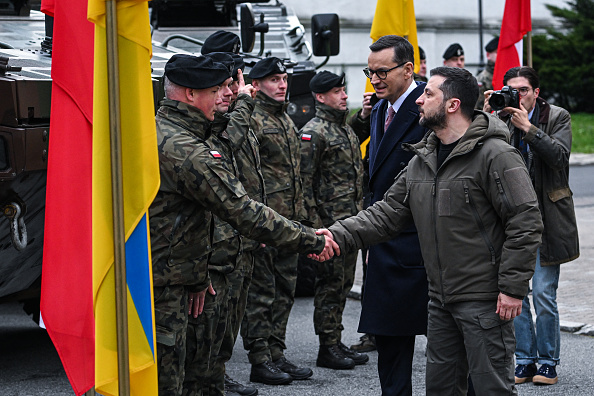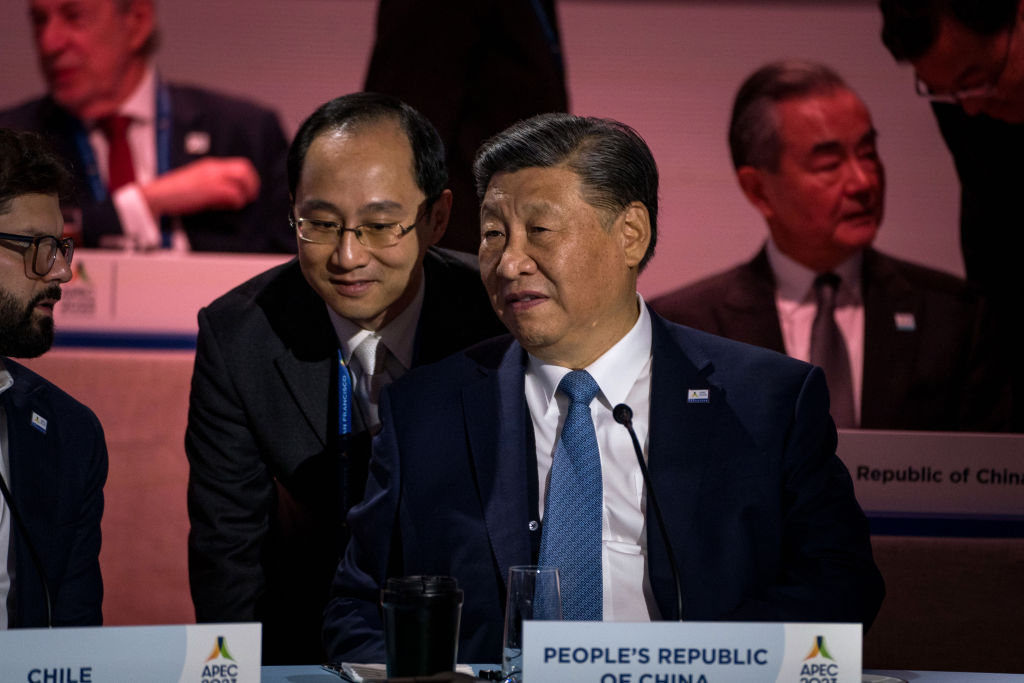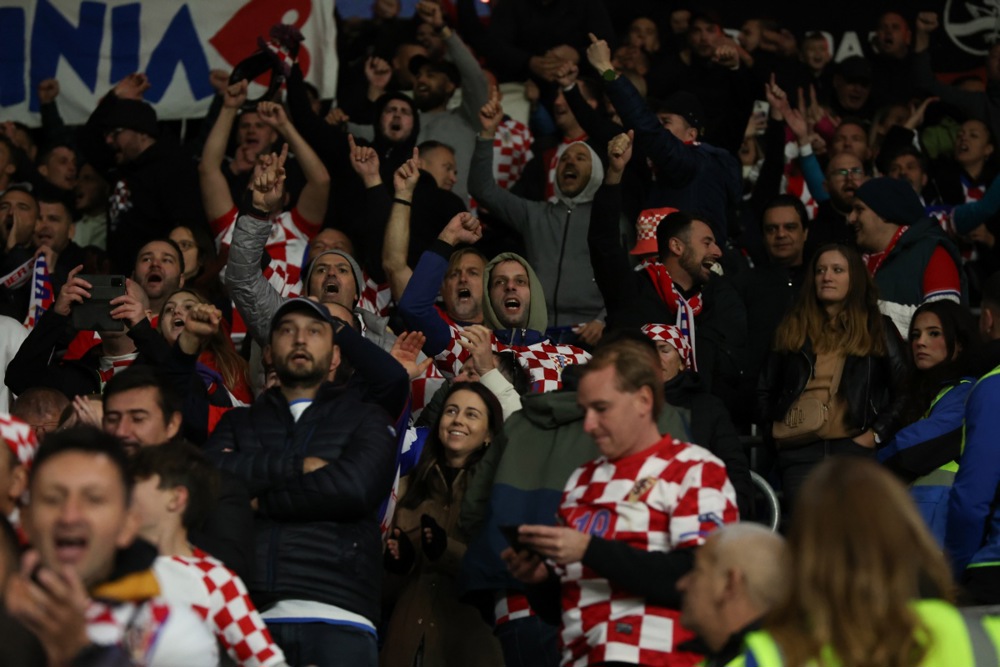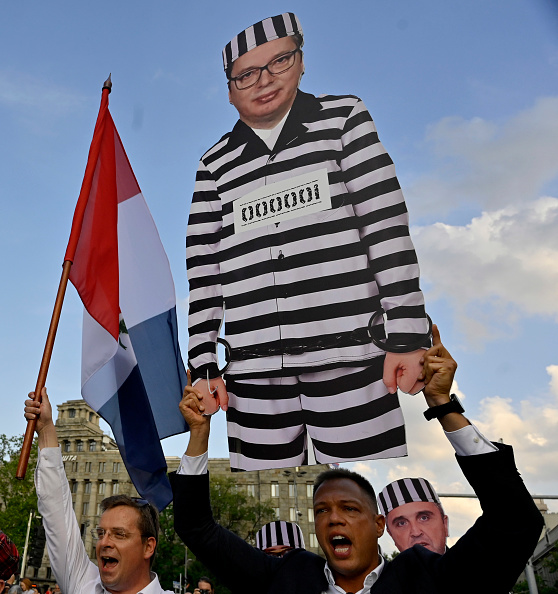The Organisation for Security and Co-operation in Europe (OSCE) is no longer fit for purpose, some say, amid Russian vetoes and multiple boycotts.
Following a chaotic summit in Skopje, at which it was barely able elect a new chair and failed to agree a budget, it seems to some experts that the Vienna-based intergovernmental organisation is ready for the scrapheap.
“I wouldn’t say it’s a bit broken but broken and hardly functioning,” Merijn Hartog, director of the Centre for European Security Studies in the Dutch city of Groningen, told Brussels Signal.
At the latest two-day meeting in the Macedonian capital starting November 30, Russia yet again vetoed the budget for the OSCE.
If an international group “can’t even decide on a budget for a long time, that says a lot about the functioning of such an organisation”, Hartog added.
The summit was boycotted by Ukraine, Estonia, Latvia, Lithuania and Poland, with the latter saying Russia’s presence was “unacceptable”.
Despite the tumult, the OSCE did manage to install Malta as the new chair for the next year, replacing NATO member Estonia, which Moscow had long rejected. Estonian Prime Minister Kaja Kallas’s regime is known for its strong pro-Ukraine views.
Russia has for some time consistently vetoed the OSCE’s budget, the organisation of many of its official events and extending the organisation’s missions.
The 57-member body is the only European security platform where Europeans, Russia, the United States and Ukraine can meet to discuss conflict prevention and peace monitoring.
In this light, “I would advocate for a slimmed down version of the OSCE with fewer member states and lower ambitions,” Hartog said.
There are many international institutions concerned with European security, and “others are doing more and better”, he added.
Instead, the OSCE could “redefine its purpose and become more complementary to other organisations” and even increasingly just sit alongside “NGOs and think-tanks who are active in the same field of expertise and in the same countries”, Hartog said.
For others, the organisation was principally always a “talking shop” and so would not be missed.
The OSCE “is a forum, a platform for exchanging opinions – it is not an institution that regulates anything”, said Anton Shekhovtsov, director of the Vienna-based Centre for Democratic Integrity.
At the Skopje summit, Moscow’s foreign minister Sergei Lavrov gave a 15-minute address lambasting the West for undertaking a “hybrid war” against Russia, before storming out of the hall.
The OSCE was formed in 1994 out of the Conference on Security and Co-operation in Europe, founded in 1973.
Its mission, according to its founding document the 1975 Helsinki Final Act, is to build security and cooperation in Europe.
The OSCE “is the only security organisation in which everyone important to the European security architecture sits at one table”, said its secretary-general Helga Schmid.
While Ukraine’s foreign minister Dmytro Kuleba has called for Russia’s suspension from the body, Schmid said it was important to keep a channel open between Moscow and the West for when Russia is ready to talk again.
In the aftermath of its invasion of Ukraine, Russia was suspended from the Council of Europe, the UN Human Rights Council, the Financial Action Task Force – and even the Eurovision Song Contest.
The OSCE began at a time of Cold War détente as a mechanism designed to minimise political and military tensions between Western and Eastern Europe, and to promote human rights within the Communist-governed East.
After the Cold War it has focused on tasks including election monitoring and democracy and institution-building.
Schmid and the rest of the secretariat have had to find creative workarounds to keep the OSCE’s field missions working, in the face of Russian vetoes, to monitor the conflict in Ukraine.
They managed that regarding these monitoring missions, which have included de-mining operations, by moving them to a Support Programme for Ukraine platform funded through voluntary contributions, meaning Russia has been unable to veto them.
With new demands also from Armenia and Azerbaijan, there are limits to just how far the Vienna-based body will be able to work around the lack of a budget.
Not to mention a Russia that has not only blocked consensus in diplomatic gatherings – but has also kidnapped three OSCE national staff members and stolen OSCE vehicles in Ukraine, according to US Ambassador to the OSCE Michael Carpenter.
Outgoing OSCE chairman Burjar Osmani put a brave face on the two-day meeting, saying the body had been “saved” as it had managed to elect a new chair.





